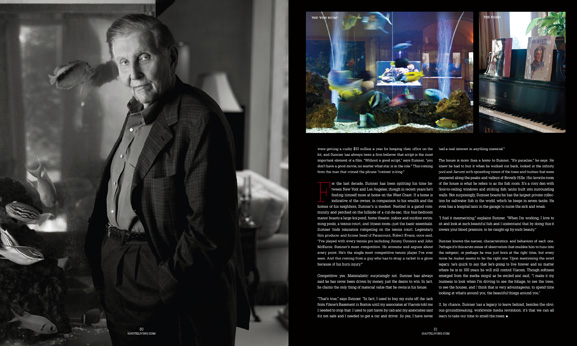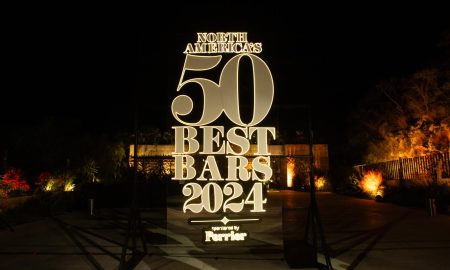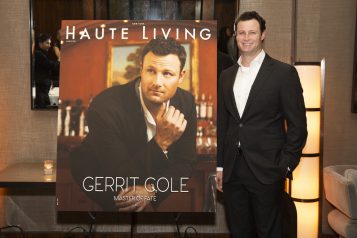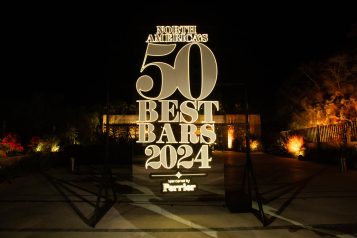
Upon graduation and with some money in his pocket, he got a position as a clerk in the U.S. Court of Appeals in San Francisco, making about $43 a week. Then in 1951, at the ripe young age of 28, he became partner in the Washington law firm of Ford, Bergson, Adams, Borkland & Redstone, earning an astounding $100,000 a year back when six-figure incomes seemed more like rumor than reality. It was during this time that Sumner made one of his first risk-taking decisions—he left his prestigious high-paying job to work for his father for just $5,000 a year.
“When I was a lawyer I enjoyed practicing law because I thought I would make the world better,” explains Sumner. “It may sound jargonistic today, but a lot of kids, particularly in Washington, thought they were going to make a dent by being lawyers. And when I realized that the law was just another business, I decided I had enough and went to work for my father’s company.”
Sumner’s father and younger brother Edward ran Redstone Management, the family’s small chain of drive-in theaters in the Northeast. They were small fish in a large pond trying to stay competitive against the big Hollywood studios that owned theaters and wouldn’t give them first-run on new movies. Sumner took Hollywood to court and won.
Not long after, Sumner started to see the bigger picture, so to speak.
Sumner gradually took control of the business and later changed the company name to National Amusements, Inc. The business grew from a regional chain with 59 screens in 1964, to 129 screens in 1974, to where it stands today as a major international circuit with more than 1,500 motion picture screens in the U.S., the U.K., Latin America, and Russia, as well as a portfolio of real estate assets and a partnership in MovieTickets.com, an online ticketing service.






















